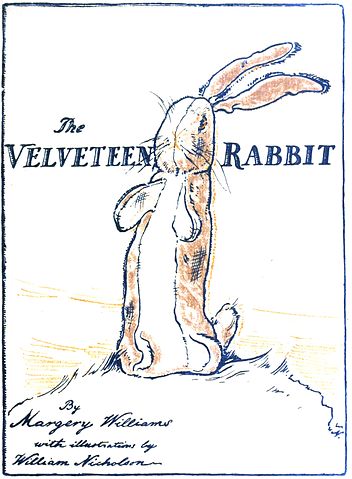by Kristin Fontaine
I have been writing stories, keeping diaries, and thinking of myself as a writer since I was in elementary school. As I got older, it was normal for friends and family to refer to me as ‘the arty one’– which was not always a compliment. In High School when I took fiction writing classes most of the people around me regarded writing as a chore. They few that didn’t were rare.
I grew up in Wyoming and at least in Wyoming in the 1980’s there was a strong streak of anti-intellectualism. Being smart and worse liking things like reading and writing, and frankly, school, that were signifiers of being smart made me the target of snide remarks. However, books, both the reading and writing of them, were so central to my identity that hurtful words weren’t going to stop me. Also, reading was actually one of the few things I was good at. I could read fast and retain what I read. I loved words and was terrible at just about everything else.
When I went to college I made friends with other people for whom reading and writing were central to their lives. It was as if my world had suddenly opened up. Here were people who wrote stories. I joined fandom for the first time in my life. Before that I had no idea that people connected by mail and wrote stories about characters from fiction that they loved. I learned more about writing from fellow Elf-Quest writers than I ever did in any class I ever took. I learned how to edit other people’s work. I learned how to give and take feedback. I learned how to co-write with another author. It was amazing and I thought I wanted to do it professionally.
I started subscribing to writing magazines (this was before the Internet). I worked on my writing. One day I was reading one of the magazines and there was a list of what made up a ‘real’ writer. I didn’t match any of the things on the list. It was my first encounter with the idea that someone else might try to define what made up a ‘real’ anything. Needless to say I was angered by the piece. The author had attacked my ‘realness’ they had said that something that was central to my identity didn’t exist, that I didn’t exist.
I thought of that today when I was reflecting about the gospel reading for Friday. It is the old dichotomy of Mary sitting at the feet of Jesus and Martha busily working.
I’m not going to go into how divisive this passage can be, instead I’m going to pretend that each woman did the thing that spoke to her in the moment. Mary sitting and listening, Martha cooking and cleaning. They both contribute something real to the moment. The gospel writer has Martha ask which way is better, her’s or Mary’s and Jesus backs Mary.
However, in truth, the dishes need to get done or the rats and ants will come and make an even bigger mess. The guest should be welcomed and listened to because that is the point of having guests over in the first place.
Jesus was a guest in their home, sharing a moment in time with them but by saying that Mary had chosen the better part, the gospel writer has him deny that the things that are central to Martha’s life are of real importance.
This is in contrast to Jesus’s other encounters with women. In those he heals them and their children, he accepts their rebuke (both his mother and the Canaanite woman), he defends them against others (the anointing woman). In those stories he rejects all attempts to deny the reality of the women who come to him. He accepts their suffering, he listens to what they have to say, and in some cases he changes his approach to his ministry because of what he learns.
I need that Jesus. I know how painful it can be to be told that I’m not real, or that I’m ‘not doing it right.’ Writing is central to my life, it is how I express myself, it is how I make connections, it is how I make friends. I write even when no one but God is watching.
There is no one right way to go through life, but letting other’s define if we are ‘real’ enough is surely one of the wrongs we can do to ourselves.
A synonym of ‘real’ is true. We should never loose sight of our true selves, what ever that might me. For me it is the importance of the written word in my life and in my faith. I am truly a person of the book and without the written word my relationship to God and God’s works would be greatly diminished.
When a woman is in labor, she has pain, because her hour has come. But when her child is born, she no longer remembers the anguish because of the joy of having brought a human being into the world.
John 16:21
Kristin Fontaine is an itinerant Episcopalian, crafter, hobbyist, and unstoppable organizer of everything. Advent is her favorite season, but she thinks about the meaning of life and her relationship to God year-round. It all spills out in the essays she writes. She and her husband own Dailey Data Group, a statistical consulting company.
By Margery Williams – http://www.archive.org/details/velveteenrabbito1900bian, Public Domain, Link

